The Days in Münster
Huge attendance at the 101st Katholikentag, with over 75 thousand visitors. The laity in dialogue with bishops and politicians. Among the guests figured, inter alia, Federal President Frank-Walter Steinmeier and Chancellor Angela Merkel. The encouragement of the President of the Episcopal Conference, Card. Reinhard Marx. The report of the head of the Central Committee of German Catholics (ZdK), Thomas Sternberg

The 101st Katholikentag was a success: it’s the synthesis of the event held a few days ago in Münster, under the theme, “Seek peace.” After the modest outcome of the 2016 meeting in Leipzig, with few participants and limited media coverage, the figures of this year’s event are starkly different: over 75 thousand participants, the organizers declared, almost twice as many as in Leipzig, the highest number since 1990. The data refers to the Days of German Catholics, who received a warm welcome in the city of Westphalia May 9 to 13, also thanks to the efforts of the local Catholic community, with over two thousand volunteers who did their utmost to meet the expectations of the organizing board, the Central Committee of German Catholics (ZDK) and the diocese of Münster, with the active cooperation of the local Council and of the Länder of North Rhine-Westphalia. It could be seen in the streets and in official venues: the centre of Münster was filled with colourful scarves. It was often difficult to choose between the countless number of conventions, street theatres, musical performances, banquets and prayers, and in most official events volunteers had to display the “Sold out” sign. The laity had the opportunity to engage in dialogue with the episcopate, with experts in a countless number of areas (ranging from the economy to the environment, from theology to volunteering) and listen to the speeches of Federal President Frank-Walter Steinmeier and Chancellor Angela Merkel.
Dialogue and commitment. A central moment of the Katholikentag 2018 was the extraordinary day of studies: “Faith today – the Contribution of the Catholic Church to social cohesion.” For the first time the German Bishops’ Conference (DBK) held an official meeting during the Days of German Catholics. Over 300 participants crowded the event on Friday, May 11. The audience resumed the theme of the multiannual dialogue process of the German Church, begun in 2011 and completed in 2015. The President of the Central Committee of German Catholics (ZDK) Thomas Sternberg, highlighted the present challenges regarding social cohesion, actively addressed by the Church. This includes the contract with asylum-seekers, climate changes, the situation of young families, and, not least importantly, questions on life and bioethics. “We have been facing these challenges in a more globalised, simplified manner, via digital technology. As Christians we are called to find sustainable and fair political solutions, based on solidarity. For us dialogue is more that a matter of communication, the challenge of dialogue extends beyond our faith”, Sternberg said.
Contributing to peace. Cardinal Reinhard Marx, DBK President, called for the prevention of social fragmentation. “What contribution can we give as a Church? This should be the question of the future”, said Cardinal Marx, for “we must bear witness to our community in society, via courageous, open communication.” During the final homily of Sunday May 13, Cardinal Marx, referring to the slogan of the Days, “Seek peace”, encouraged German lay Catholics: “We Christians know that Christ’s love creates peace. We are called to proclaim a God of peace. And, as Christians, we are sent out into the world with the duty to contribute to this peace.”
Ecumenical journey. On several occasions Cardinal Marx underlined the need for a joint commitment for Christian unity and for salvific action in Europe today. During the Katholikentag, His Eminence chaired several ecumenical round tables with Evangelical bishop Dr. Heinrich Bedford-Strohm, chairperson of the Council of the Evangelical Church in Germany. In Münster we could strongly perceive ecumenical commitment and concerns – said Cardinal Marx – As members we all belong to the same body of Christ, Christians, Evangelicals, Orthodox and Catholics!” “All of us, including us bishops, we should all try to ensure that our union bears witness to this visible image of unity. For there is a time for battle and a time for debate”, and because “it is our mission.” If not, how can we “look at the poor, at the disadvantaged, at the injured and at the excluded?”
Next meeting in 2022. The Katholikentag will now take a break: a juxtaposition of dates with the 2019 Evangelical Kirchentag in Dortmund and the third Ecumenical Kirchentag in 2021 in the cosmopolitan city of Frankfurt entail a moment of reflection for the German Catholic Church along her journey towards the next event in 2022, whose venue is yet to be decided.